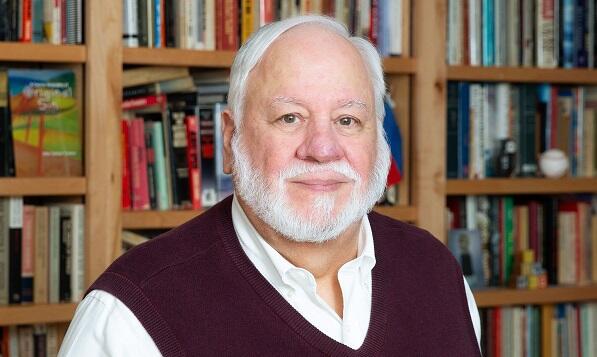Axar.az presents an article “Historiography” by John Samuel Tieman.
I sometimes think that the difference between a short story and history is that history doesn't have a plot. But it does have an interpretation. We interpret the past in a way that is meaningful to us in the present. We apply an interpretation that may or may not have had any meaning to the participants in that history. History is always about the present. Take, for example, the MAGA campaign to Make America White Again.
Consider the following headline. “Angelou's 'Caged Bird' is out, but Hitler's 'Mein Kampf' stays: 381 Books Are Banned From Naval Academy”. Many of the other 380 books dealt with the history of the Holocaust. Or consider these. On various federal government websites, thousands of historical photographs, most dealing with women or folks of color, have been taken down. Because of “improper ideology” and “divisive narrative”, Pres. Trump has targeted funding for the Smithsonian Institute. Pres. Trump claims that, during the past decade, there has been a “concerted and widespread” effort to replace “objective facts” with a “distorted narrative driven by ideology rather than truth”. According to the administration, this historiography casts the “founding principles” of the United States in a “negative light.”
Let's pause for that word, historiography. The writing of history, more broadly the rendering of history. When I studied history at Southern Methodist University, one professor gave us this final exam. “Write a history of the United States.” He wasn't interested in the facts and figures, although the student had to have those cold. He was interested in how those facts and figures were framed.
One can argue that the telling of history is always interpretation. Take progress, for example. History as progress is a relatively recent interpretation. It was popularized by the Marquis De Condorcet's 1795 book, “Sketch For A Historical Picture Of The Progress Of The Human Mind”. History as progress, that's one interpretation. Then there's Karl Marx's famous, “The history of all hitherto existing society is the history of class struggles.” History is moved by class struggle. The question is not whether history is interpretation. The question is this. What interpretation do you choose? Then there's the notion that history is moved by race, gender, and religion. White is better than color, male is better than female, and Christian is better than non-Christian. Such an interpretation is found in “Mein Kampf” In truth, this interpretation is many things, but unusual is not one of them. It's the MAGA interpretation.
To promote this MAGA interpretation of history, Donald Trump hollows out democratic institutions, founded on the practice of pluralism, and replaces them with authoritarian repression. The Department Of Education, for example, is being gutted. Trump effectively is replacing a pluralistic embrace of race, gender and religion, and replacing it with the historical interpretations of far-right extremists. Another tactic is to strip colleges and universities of funding because they are teaching, among other things, the idea that racism in history is systemic. Such an attack ensures that the teaching of history will be done from the point of view of an authoritarian ideology designed to eliminate critical thought. Under the guise of combating “divisiveness,” it turns history classrooms into parlors of conformity, rooms dead to the imagination. When imagination reaches its limit, all that's left is repetition. Where there had been debate and dialogue, now there is a male-dominated white, Christian, and nationalistic narrative.
How do we counter this? Perhaps it helps to start by honoring simple facts. Back in the day, we debated whether the money spent on the “space race” was a good idea or not. But nobody debated whether the moon existed or not. Trump and MAGA would erase people of color, non-Christians, and women from history. And that, simply put, isn't true.
It also helps to see history as a relationship. We have a relationship with folks in the past, a relationship that, like all relationships, we interpret and reinterpret. That most recent reinterpretation then becomes the basis for yet another search for reinterpretation. And on and on we go, searching for some resolution we may never find. For history has no end, no final single interpretation.





















































